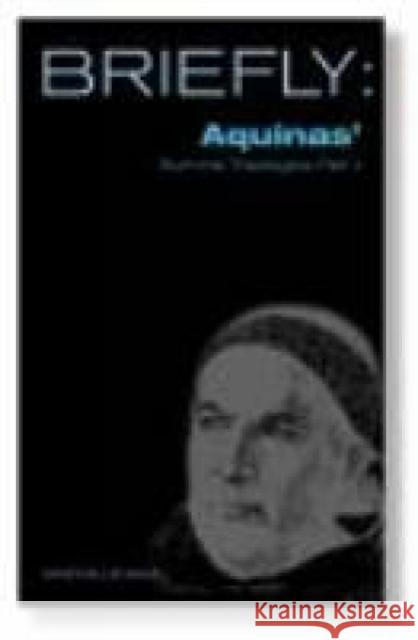Aquinas' Summa Theologica II » książka
Aquinas' Summa Theologica II
ISBN-13: 9780334040903 / Angielski / Miękka / 2006 / 96 str.
The first part of the Summa Theologica by Aquinas was dealt with in an SCM Briefly guide that published in May 06. The second part of the Summa Theologica is dealt with in this book. Aquinas' Summa Theologica is his most famous work. It was intended as a manual for beginners as a compilation of all of the main theological teachings of that time and consists of a summary of the reasonings for almost all points of the Catholic faith. It is the fullest presentation of his views and covers the widest range of subjects - reason, sin, just war to name but a few - in detailed philosophical language. He worked on it from 1265 until the end of his life in March 1274. When he died he had reached question ninety of Part III, on the subject of penance. Part I, dealing with questions of God, we have dealt with in a previously published Briefly, here we look in detail at Part II, which concerns man's striving for the highest end. It is structured as a series of questions and assertions and relies heavily upon key thinkers and writers at that time, including Aristotle, St Augustine, Dionysius and Rabbi Moses. All of this is dealt with succinctly, yet fully referenced to the original text, in this Briefly guide.
The first part of the Summa Theologica by Aquinas was dealt with in an SCM Briefly guide that published in May 06. The second part of the Summa Theologica is dealt with in this book. Aquinas Summa Theologica is his most famous work. It was intended as a manual for beginners as a compilation of all of the main theological teachings of that time and consists of a summary of the reasonings for almost all points of the Catholic faith. It is the fullest presentation of his views and covers the widest range of subjects - reason, sin, just war to name but a few - in detailed philosophical language. He worked on it from 1265 until the end of his life in March 1274. When he died he had reached question ninety of Part III, on the subject of penance. Part I, dealing with questions of God, we have dealt with in a previously published Briefly, here we look in detail at Part II, which concerns mans striving for the highest end. It is structured as a series of questions and assertions and relies heavily upon key thinkers and writers at that time, including Aristotle, St Augustine, Dionysius and Rabbi Moses. All of this is dealt with succinctly, yet fully referenced to the original text, in this Briefly guide.











